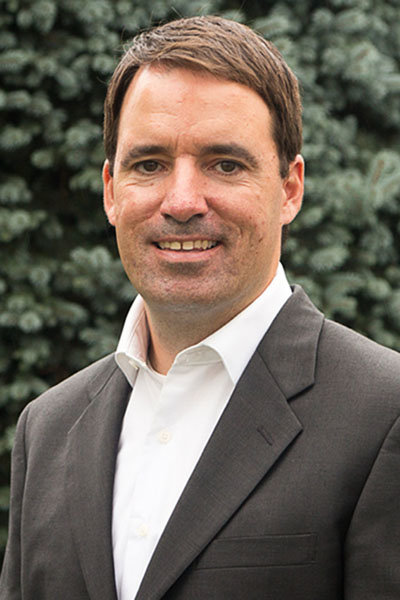By Shawn Hendricks/The Alabama Baptist
BIRMINGHAM — With more than 400,000 children reportedly in the foster care system in the United States, and 100,000 of them available for adoption, experts in these fields say the COVID-19 crisis has opened up more opportunities for families to explore ways to help vulnerable children.
Virtual meetings and other online options are more accessible than ever before thanks to the pandemic. And they may help a hesitant family take that first – and sometimes most difficult – step in the process, says Cheri Williams, senior vice president of domestic programs at Bethany Christian Services.
“Just explore,” said Williams, who along with Kimberly Offutt, national director of foster care adoption at Bethany, discussed the pandemic’s impact on the foster care system during a recent Adopting and Fostering Home podcast episode, presented by the North American Mission Board’s SEND Relief initiative. They suggested signing up for an online information meeting.
“You can sit in the comfort of your own home,” Williams said. “You don’t have to hire a babysitter for any other children you have at home. There’s never been an easier time to take that next step.”
Offutt added: “We’ve literally had to pivot. We’re doing more virtual visits, virtual events, virtual trainings, utilizing social media more, which has allowed us to really broaden our opportunities for reaching more people.”
They said with families losing jobs, homes, adoption travel temporarily remaining on hold in some countries, court hearings being shifted online, and child abuse potentially becoming more common during lockdowns, many children are more vulnerable than before.
“COVID-19 has really changed our world in so many ways, and the same is true in the foster care system,” Williams said. “These children, by no fault of their own, they’re already vulnerable, but they have gotten even more vulnerable during this time.”
All of these factors have increased the stress level for all involved, said Rod Marshall, president and CEO of the Alabama Baptist Children’s Homes & Family Ministries.
But families committed to helping vulnerable children “rose to the occasion” and have provided a calm in the storm for many children and families, he said.
“Our foster parents helped our children manage the anxiety they were experiencing and kept them safe and healthy,” he said. “Our social workers were not able to perform in-home visits for many months but maintained routine visits with their children through video technology.”
Meanwhile, canceled court dates during the pandemic have caused delays for children eligible to return to parents and relatives, according to Elise Vincent, Alabama Baptist Children’s Home director of social services in Central Alabama.
Vincent said many potential foster parents opted out because of personal and economic challenges during the height of the pandemic.
“We had families who asked to be removed from the list to receive a placement because they were so overwhelmed with juggling working from home while having a house full of kids,” she said. “It is a whole new element of being willing and able to care for someone else’s child. The needs haven’t really changed. We still need families willing to take children and work out the inconveniences of day care and school closings.”
Lellwyn and Amy Griffin are foster parents living in the Birmingham area who care for a 3-year-old boy along with their two biological boys who are 14 and 17.
The Griffins, members of First Baptist Church in Pelham, Ala., have had several placements since they began fostering in 2016. Like many things, foster parenting was made more difficult by the pandemic.
Amy Griffin said most of the visits with the family of a previous foster child during the height of the COVID-19 lockdown consisted of standing outside on the porch wearing masks or navigating chaotic Zoom calls.
“You’re looking at six different screens, you’re trying to do a visit with a 3-year-old, and that’s very, very difficult,” she said. “One, it’s difficult for the child because the child doesn’t understand they’re on the screen. They’re not getting to feel, they’re not getting to touch. And their attention span is real short looking at a screen.”
It was also difficult for the birth parents, she said.
“The parents don’t understand. ‘Why aren’t you letting my baby on the screen. Put my baby on the screen,’” she said. “I did not realize how challenging that would be, to see the things I saw and hear the things that I heard. I was just blown away. So that, to me, was maybe the hardest part … during this COVID experience.”
But Griffin said there were also bright spots amid the challenges.
“In hindsight, besides everything being so negative … I felt like it brought our family closer,” she said. “You’re kind of forced to slow down and do stuff together with your family and other people. That has been really nice.”
Williams challenged families to be open to that one child God may be calling them to help.
“What might God be calling you to do for just one, just one of those kids or just one of those families in your community who is in need?” she said. “Never underestimate the power that God has in you to make a difference in someone’s life today.”

Shawn Hendricks is a freelance writer for The Alabama Baptist based out of Nashville, Tenn.